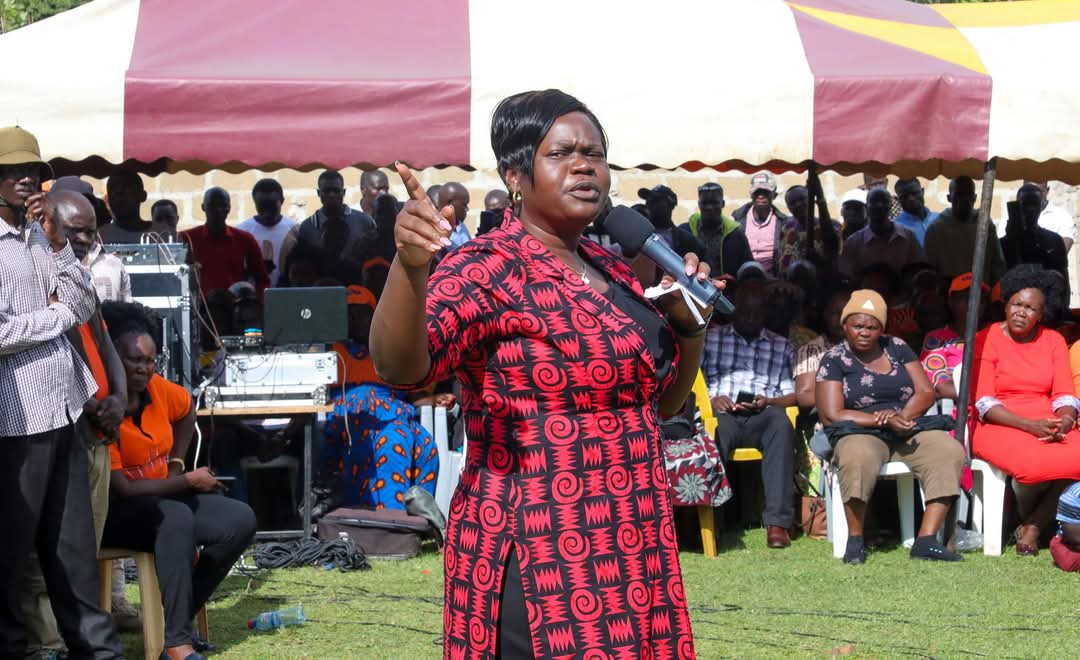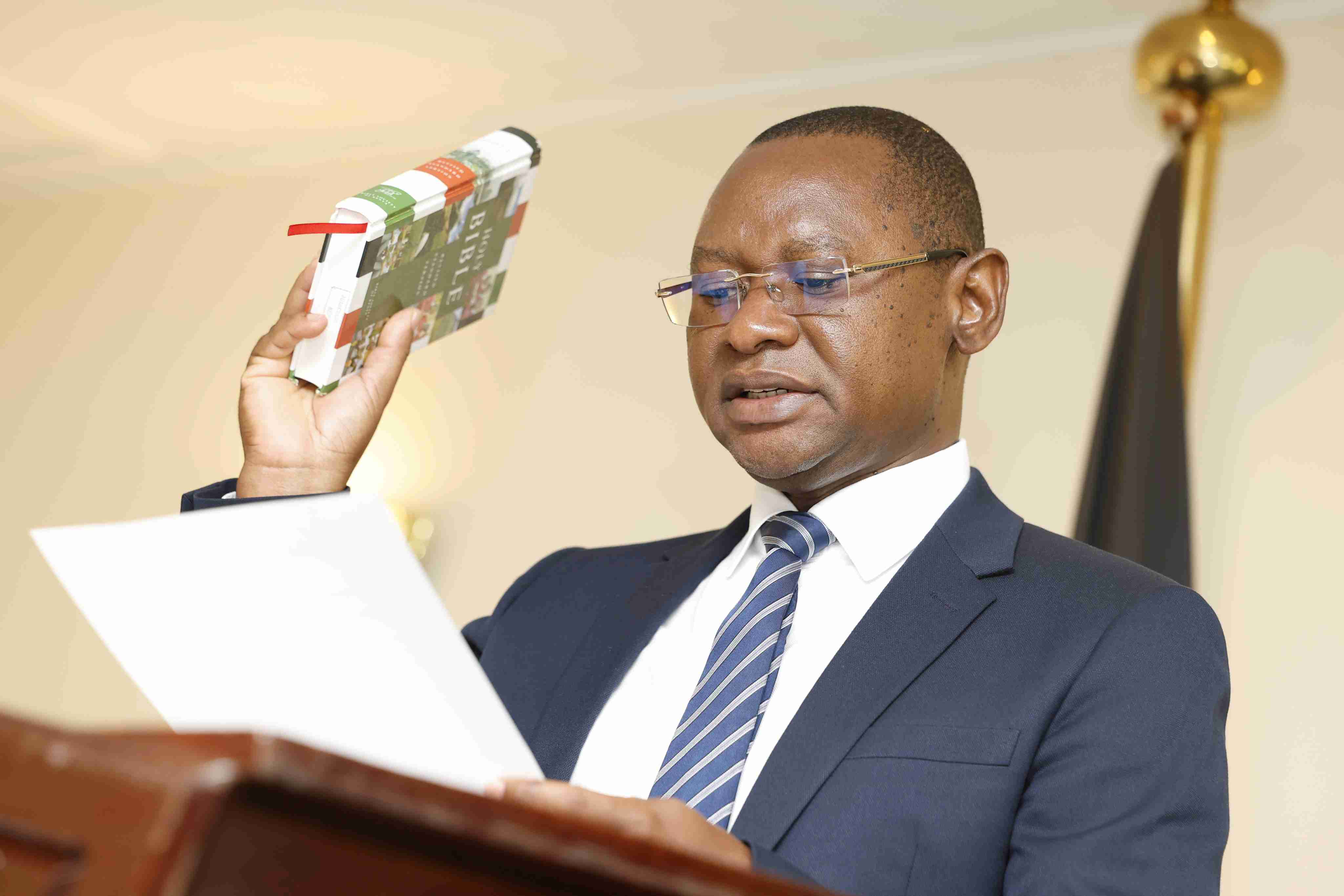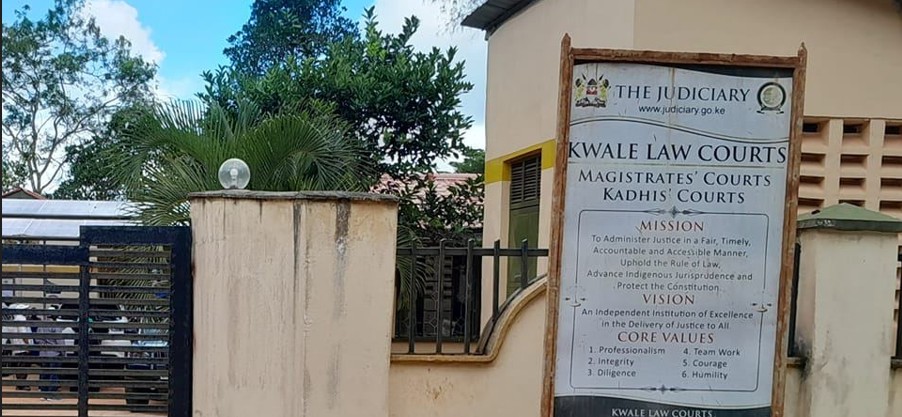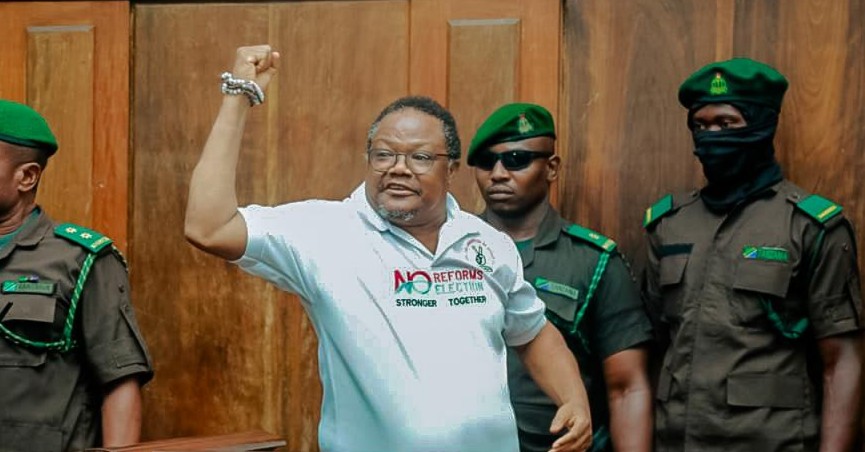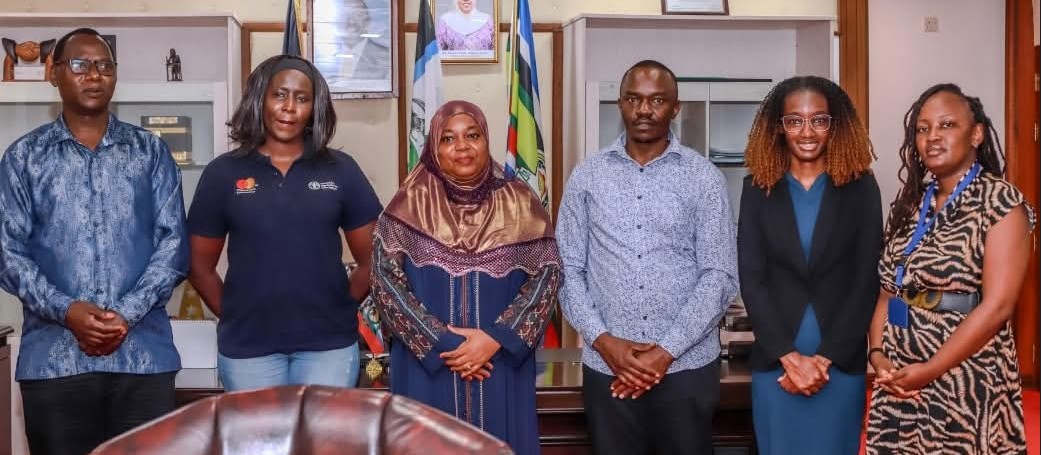Attorney General nominee Dorcas Oduor's in-tray is full should she get approved
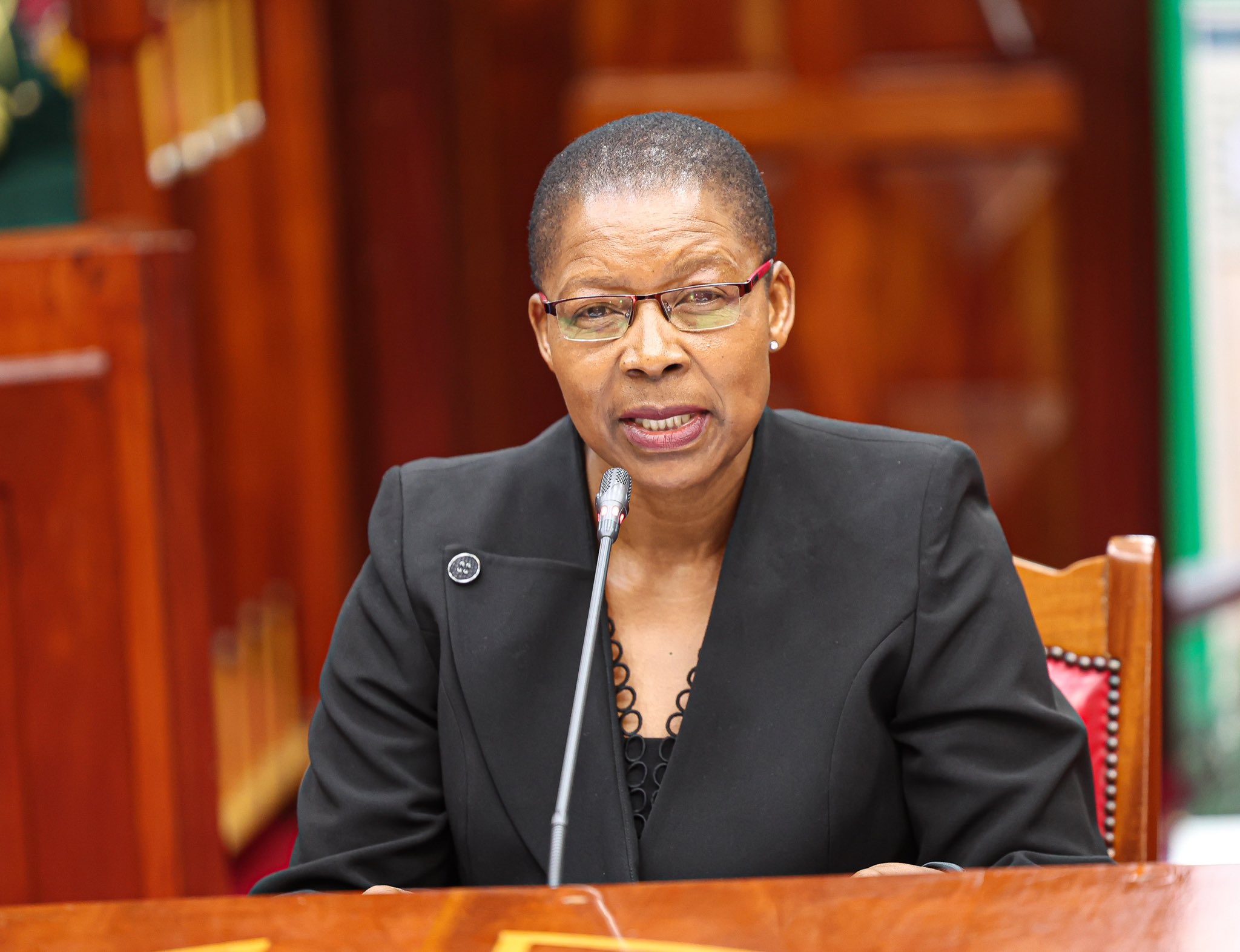
Oduor' office- that of Principal Legal Advisor to the President- is tasked with advising the President and all other government Ministries.
When the nominee for the Attorney General position Dorcas Oduor was being vetted, she declared that she would be a responsive Attorney General and a lawyer for the people of Kenya.
"I will walk with Kenyans to realise the vision of the Constitution of Kenya. I will be a responsive Attorney General and a lawyer of the people and I hope the office of Attorney General will walk with all people of Kenya in realising our aspirations under the constitution," Oduor said.
More To Read
- Court dismisses petition challenging Muturi’s removal, says former AG resigned voluntarily
- AG, NPS back Harun Mwau in petition to bar police commission from recruiting constables
- Explainer: All you need to know about the prestigious 'Senior Counsel' title
- AG denies knowledge of police officer’s death in Haiti despite Ruto’s statement at UN
- MPs fault top state agencies over weak accountability, stalled reforms
- Erastus Ethekon says IEBC to seek guidance from AG on early campaigning rules
However, the task that lies ahead should she be approved is immense and might come with pressure if what her predecessors went through is anything to go by.
In his last days in office, former holder of the position Justine Muturi was reported to have said that his office is never consulted on some of the critical decisions made in government.
However, the now Public Service and Human Capital Development Cabinet Secretary later denied reports that his advice as Attorney General had been ignored by several government ministries.
Appearing before the Parliamentary Appointments Committee chaired by Speaker Moses Wetang'ula for vetting, Muturi blamed the media for building the narrative around his name.
Just like Muturi, Oduor is likely to face blame for not advising the government forthrightly, especially after a streak of losses in court involving major projects such as the Affordable Housing Projects.
Oduor's office- that of Principal Legal Advisor to the President- is tasked with advising the President and all other government Ministries.
In February this year, while appearing before the National Assembly Justice and Legal Affairs Committee (JLAC), her predecessor Muturi lifted the lid on how important decisions concerning his docket like appointments of senior officers and Bills find their way to Parliament without his approval.
While making a pitch for his office to be independent, Muturi said the Public Service Commission (PSC) had been making appointments of senior officers in his office without his knowledge.
Oduor has promised to address the issue of bills or legislations relating to the government being declared unconstitutional by the courts, stating that the matter is of grave concern.
Appearing before the Committee on Appointments, Oduor said that if approved, she would investigate why these bills were halted and advise on the way forward to ensure such documents meet constitutional requirements.
This comes after lawmakers raised concerns about the reason bills and policies are declared unconstitutional despite having the AG's input. In the past year, the courts have nullified the Finance Act 2023, the Social Health Insurance Fund (SHIF), and the Housing Levy, among others.
"It is the work of the courts to do that as it is their role. We should ask ourselves about the notoriety. I believe most legislations we have come up with lately have been to comply with or operationalise the 2010 Constitution."
"Most of the contents of these bills contain new jurisprudence not only for the executive but also for the Judiciary. I take it as a testing time. It is a good thing for us to test; it will be volatile, but after some time, then the law will be settled," she said.
On the issue of public participation, which has been the determining factor for courts to declare many legislations unconstitutional, the nominee promised to work on a framework that provides guidelines and regulations for involving the public's views.
Oduor, who previously worked as the Secretary of Public Prosecutions at ODPP, said that public officers who don't follow the law are criminals who should be prosecuted.
"As far as I'm concerned, public officers act in good faith, are required to follow the Constitution, to act in the public interest and the interest of the administration of justice. Whoever does the opposite is not a public officer; they are a criminal," the nominee responded.
The nominee was also put on the spot to respond to why the Ethics and Anti-Corruption Commission (EACC) cannot bar a nominee before vetting but can only provide an opinion which will be considered by the vetting committee. In her response, she said that the issue needs to be reexamined to assess its effectiveness.
Top Stories Today






